If you've ever lived with a significant other, you've probably had a handful of conversations about how to keep the house clean.
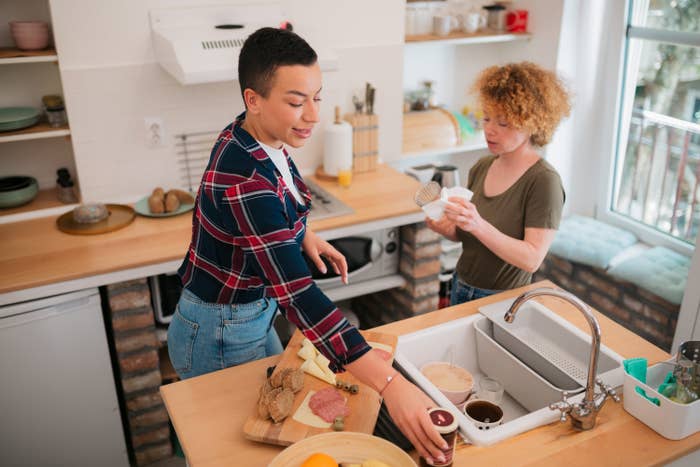
And if you relate to that, then you may want to hear how this couple, Cass (They/she) and Alexa (She/Her) — together known as @twofemmegems — went viral on Instagram by finding a thoughtful way to manage their household chores on a weekly basis that not only works with Cass's ADHD but also Alexa's chronic pain.
In the video, Alexa begins by saying, "How I work with my wife's ADHD rather than against it."
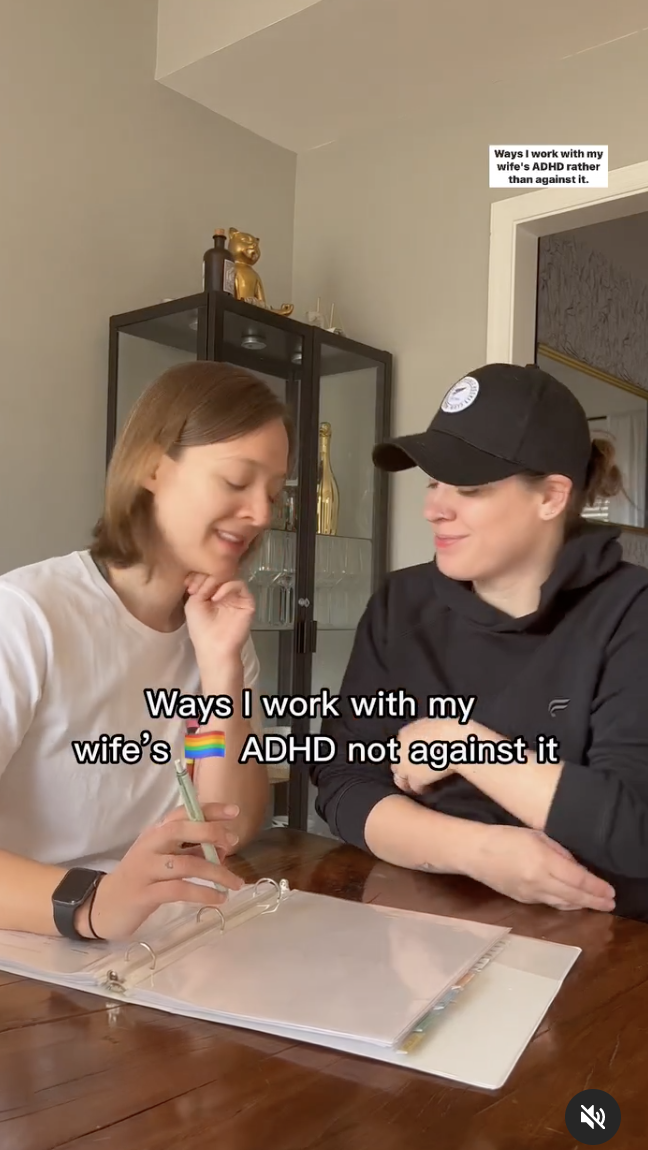
She continued by sharing the first tip: "My wife told me they prefer to receive information in the form of lists, so I write one each day. I feel seen and heard because things get done, and they feel seen and heard because I've met them on their level."
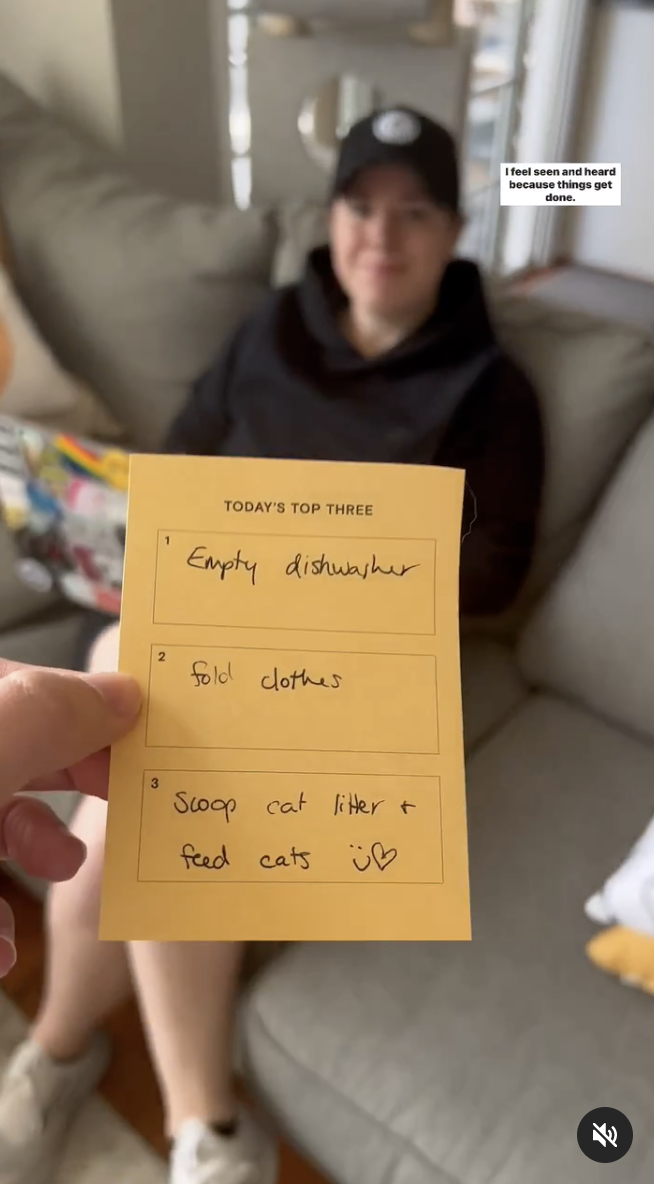
For the second tip, Alexa said that her "wife will forget food exists if it's behind a closed door, so I make a weekly menu, and I put all of our food in clear containers, so they could easily see what's available."
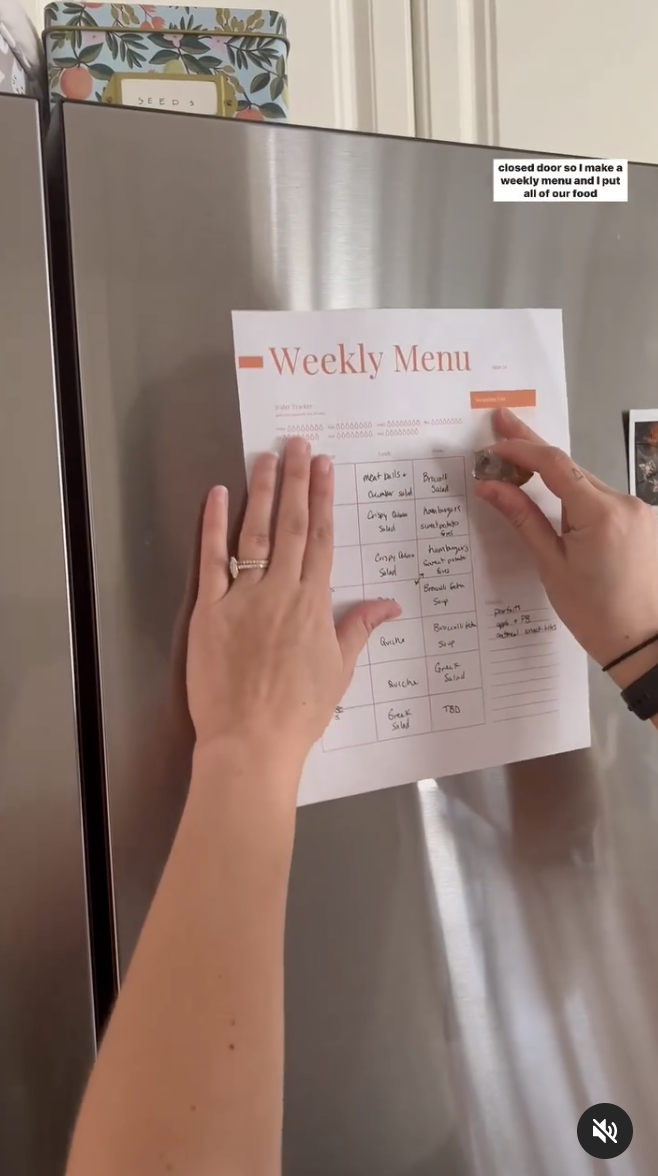
As for the third tip, Alexa stated how they also divide up tasks instead of making everything fifty-fifty. "We make sure there is an overall balance that plays to our strengths." For instance, Alexa said she's really good with routine things like laundry; whereas, Cass does more of the physical labor.
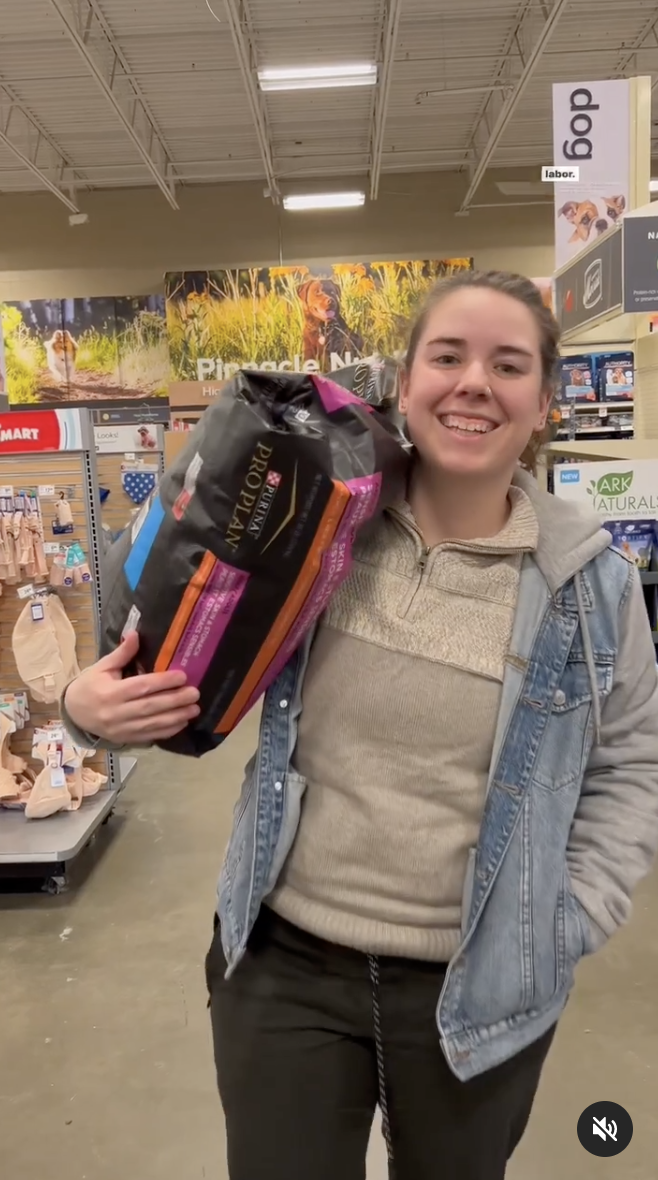
For the final step, Alexa finishes the video by saying that she and Cass have a weekly check-in. "We have a weekly meeting every week just to check in and make sure that we both feel seen and heard. This works great for us."
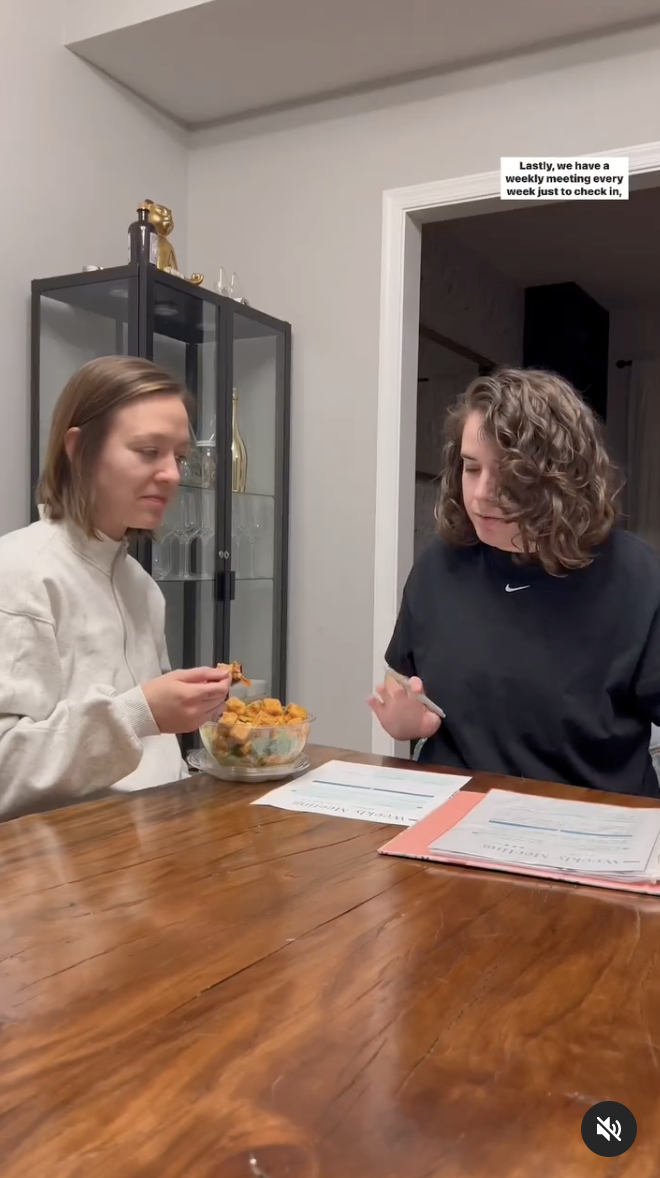
After Cass and Alexa posted the video, they received a lot of comments that expressed how they relate to Cass's ADHD.
For instance, this person had the exact same issue when it came to food spoiling in the fridge.

While another person praised their cleaning system in general.
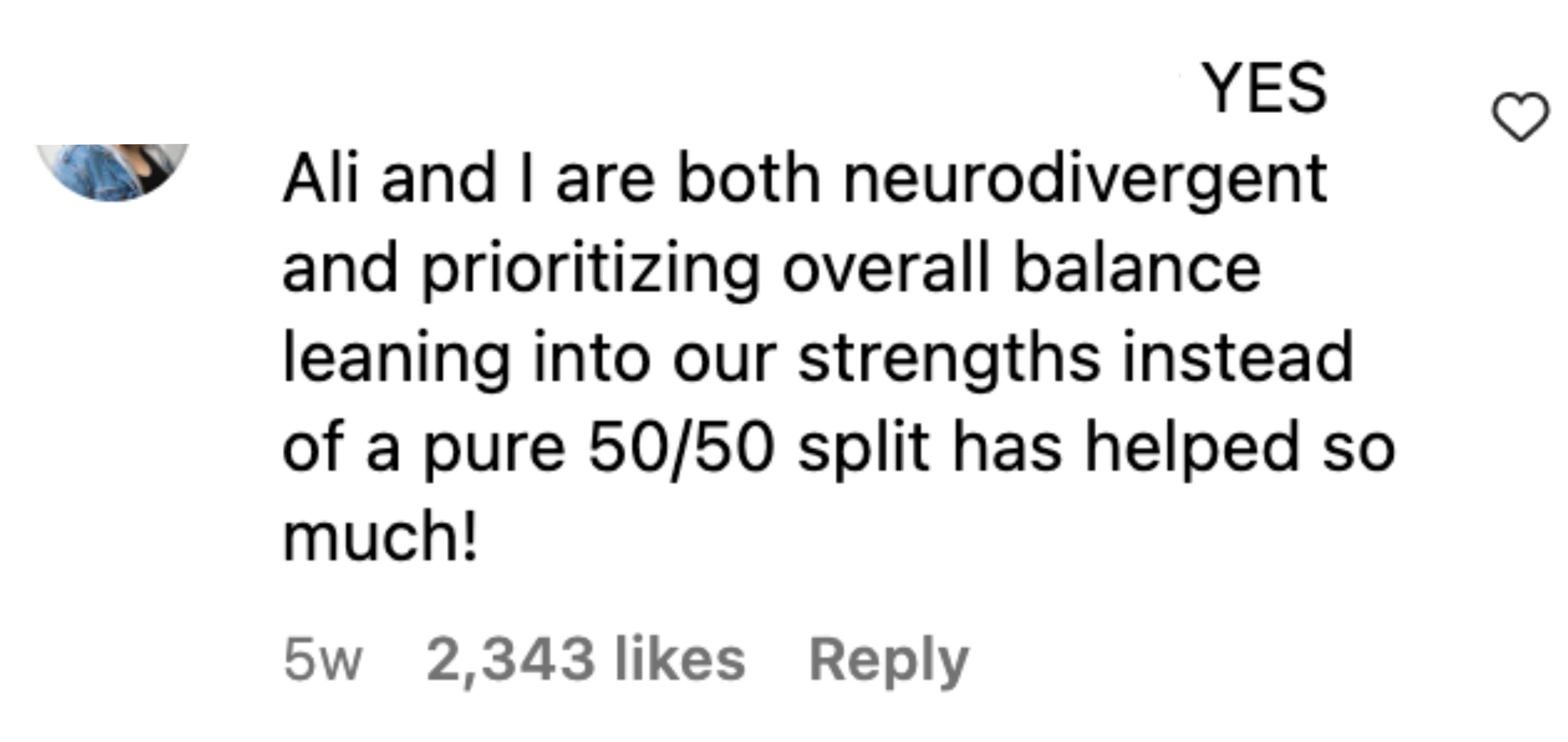
After watching this video, I wanted to connect with Cass and Alexa to learn more about their weekly system and how they came up with it, you know, for the rest of us who may still be struggling. However, just because they now have a good system in place, that doesn't mean it was like that from the beginning. "[There was] so much trial and error," Cass told BuzzFeed. "We used to bicker a lot about chores because we just didn’t have any kind of system in place."
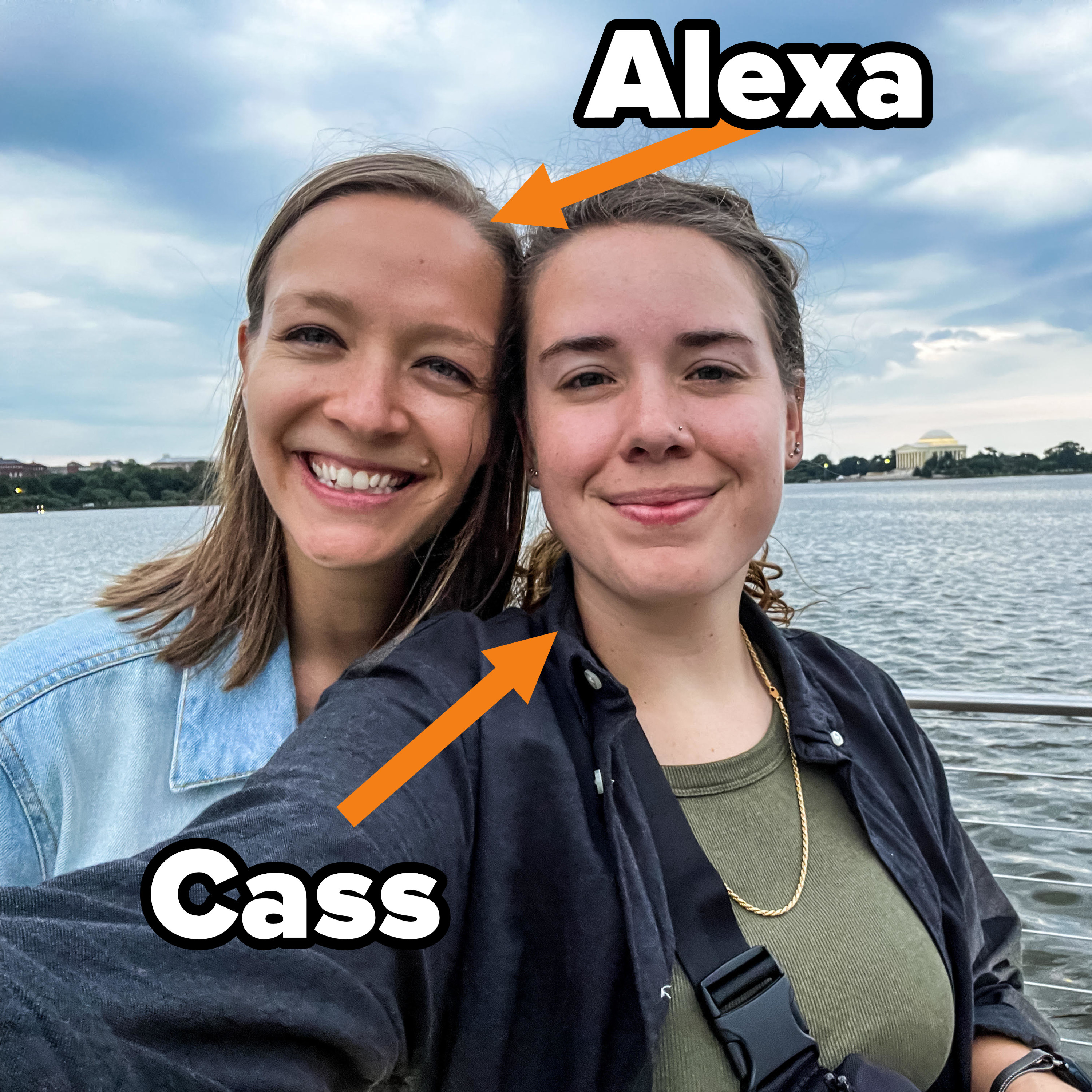
When Cass and Alexa first moved in together, their apartment was much smaller, so they tried to see what division of labor happened naturally. "As you can imagine, that didn’t go well, and a lot of the mental load fell on Alexa," they said.
"At that time, I hadn’t been diagnosed with ADHD yet — that didn’t happen until after we got married in 2021 — and I remember how frustrated I would get with myself for not being able to remember to do these simple tasks and getting frustrated with Alexa for repeatedly asking me to do a chore," they added.
So, when Cass and Alexa bought a house in 2020, they both made the commitment to be more intentional about how they would split up their housework, and for a while, it worked until Cass said they got overwhelmed and did not know why they couldn't just do the chores. "So, in 2021, [when] I got my diagnosis, I really started to learn about my ADHD and how to work with it."
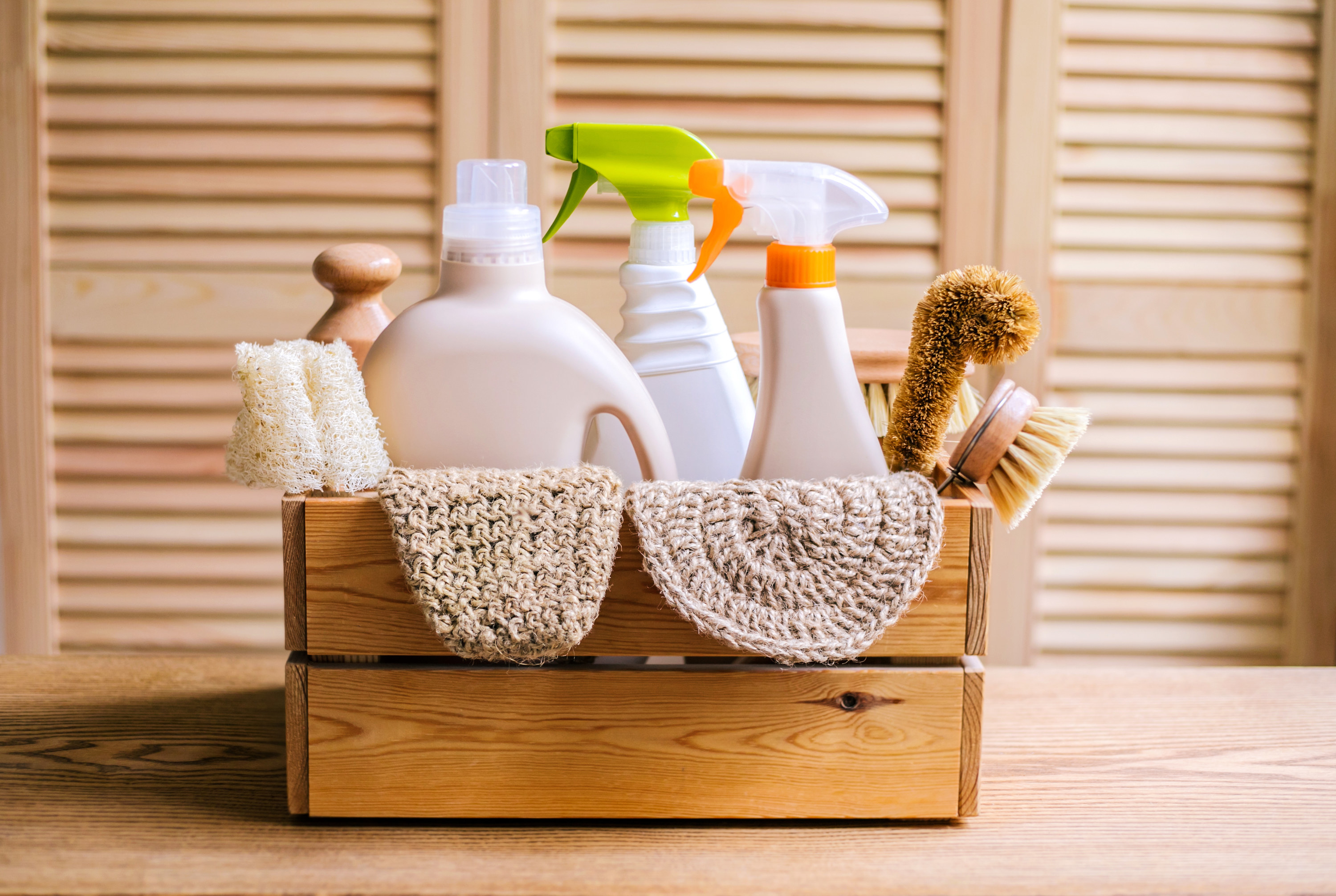
So, what exactly helped them to find a weekly routine that works for the long haul? Cass explained there are three major components:
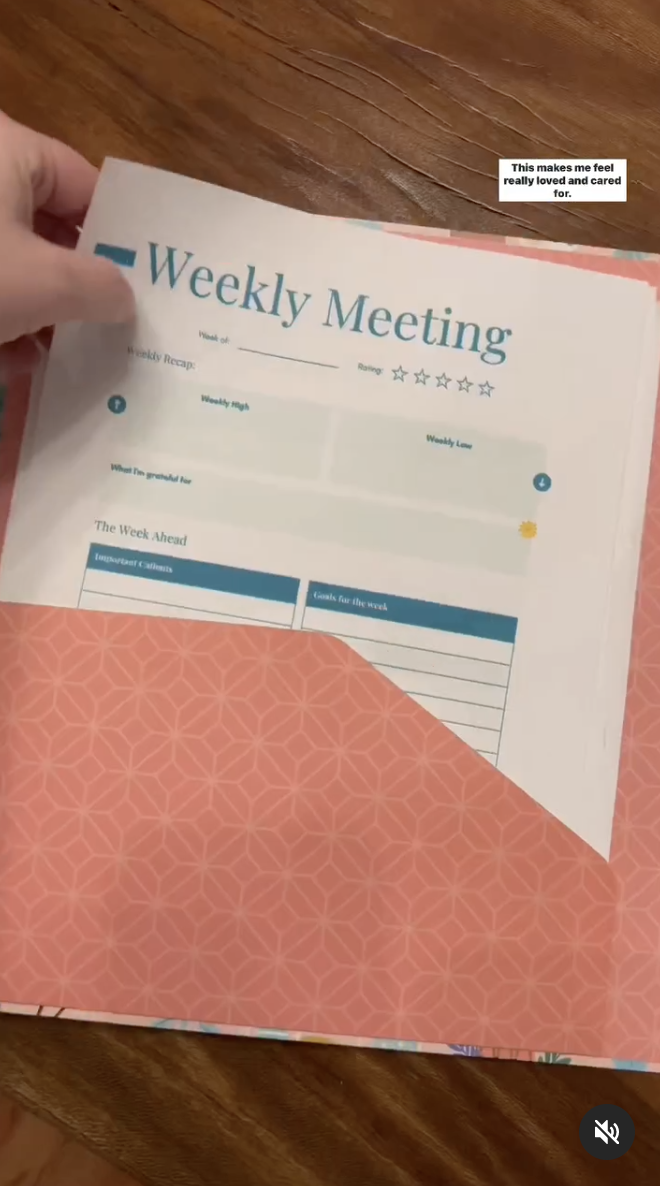
Having a weekly meeting has become an integral part of why their system works. "I think something that people have found rather interesting about our family meeting is how corporate or business-like it can feel. And that was done intentionally," they explained. "We found, for us, that keeping the tone of the meeting a little more formal and elevated helps to keep us on track and keep any charged feelings from derailing the conversation." Lucky for us, Alexa and Cass gave us a full breakdown of what they do during each meeting.

But even though this system works for them, people have left comments on their Instagram saying they believe the above approach can be a form of enabling. Cass explained, this might be because there's still a stigma against ADHD people, where people believe they cannot function at a level that a non-ADHD person can, and how they believe someone with ADHD may approach the world isn’t the “correct” way.
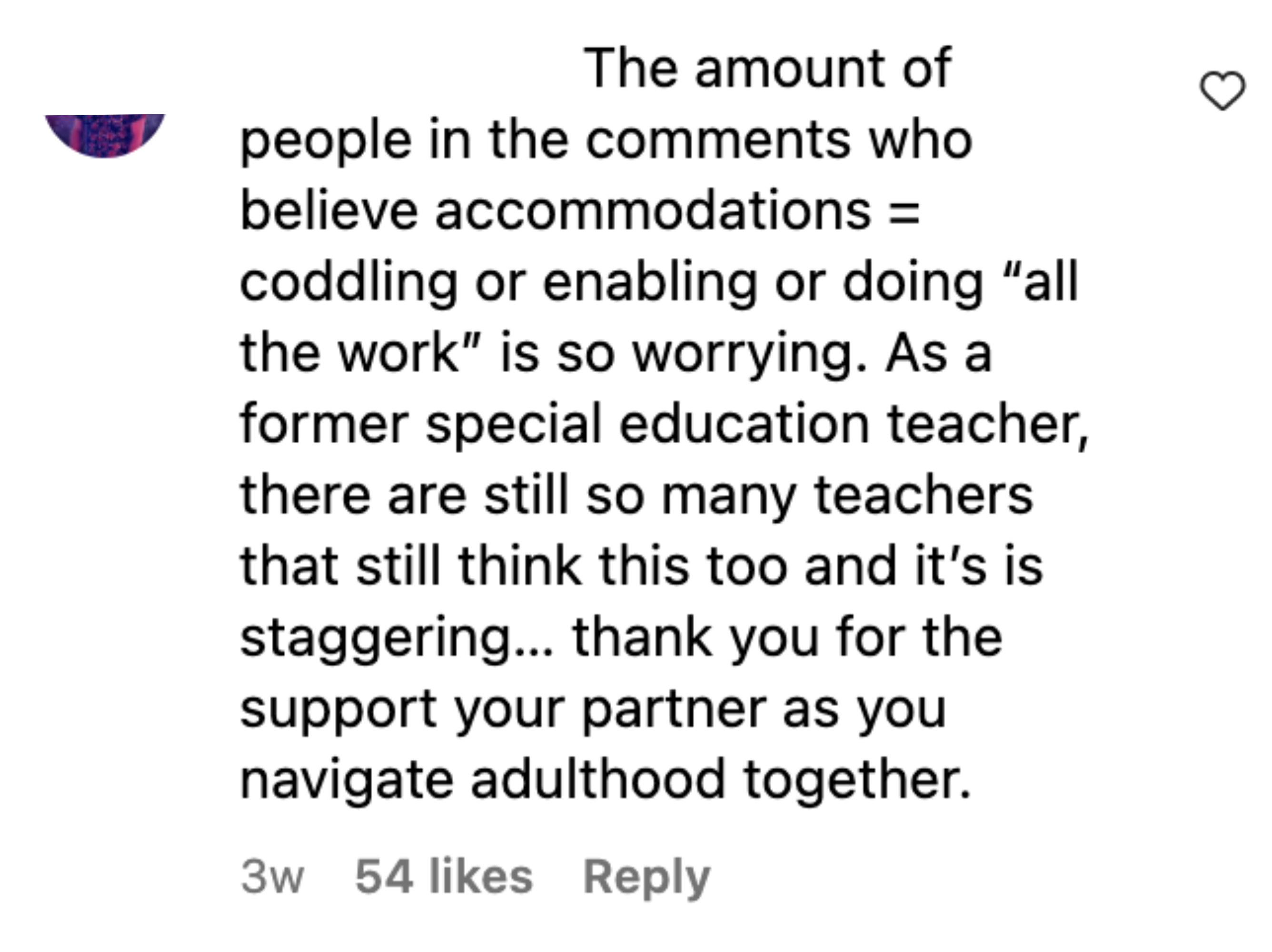
Also, Alexa doesn't see Cass's ADHD as a burden or annoying. "I have been amazed, as the non-ADHD partner in our marriage, at what a gift Cass’s ADHD has been to my life," Alexa told BuzzFeed. "I think ADHD has a bad stigma, but, ultimately, I always tell Cass it is their superpower! Cass approaches problems and thinks through systems completely differently than I do, so now, when we encounter a problem, we inherently have two solutions; it’s such an advantage!"
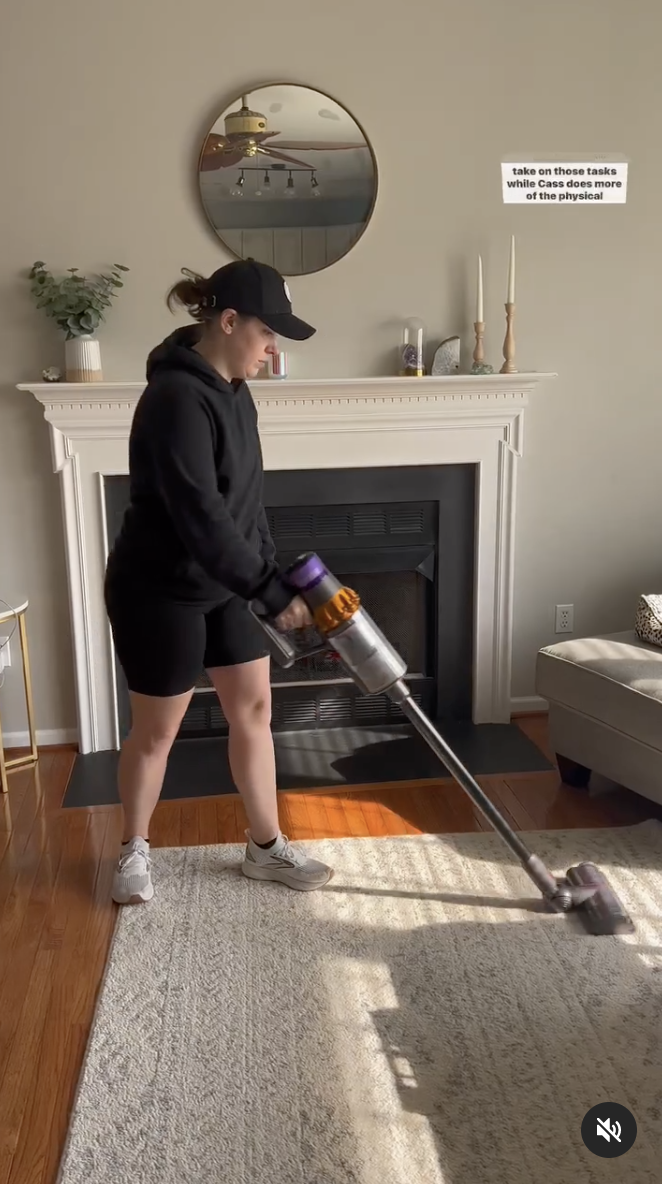
If you want to learn more from Alexa and Cass, give them a follow on Instagram and TikTok. And if you want to purchase their family meeting and meal planning guides, you can do so directly from their Etsy account.
So, what do you think about this topic? Do you relate to any of the situations above? If so, tell us your thoughts on the subject matter below.
If you would like to learn more about ADHD, please find these resources below.
• Kaleidoscope Society: Kaleidoscope Society is an online community for and by women with ADHD.
• CHADD (Children and Adults with Attention-Deficit Hyperactivity Disorder): CHADD is a national nonprofit that helps people affected by ADHD.
The National Alliance on Mental Illness helpline is 1-888-950-6264 (NAMI) and provides information and referral services; GoodTherapy.org is an association of mental health professionals from more than 25 countries who support efforts to reduce harm in therapy.
